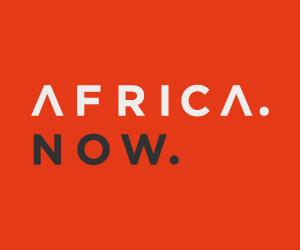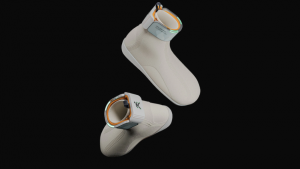Part of the Project
Aissatou Sene, Fatimatou Sarr and Lydia Likibi are young fashion designers, each running successful fashion houses in Dakar, Senegal. The creative industry in Dakar is getting bigger and bolder, which these creatives love.
“The creative scene here is just huge. I started my brand with just $100, and I had left a very good and well paying job. But I just believed in what I wanted to do and I did it. And we have a lot of young people in Dakar who have that mentality- who can just go and do what they want,” says Sene, founder of Beyla.
Sene, who started her brand in 2012, hand-makes clothing, shoes and accessories for women, men and children. Sene applies artistic designs to traditional African style, colours and patterns and then combines this with contemporary western fashion.
Creating authentic African pieces is something that these creatives pride themselves on. “We don’t follow trends. We like to keep it sexy for women and manly for men but we always follow the African identity, be it in the fabrics we use or in the cuts,” says Sarr, co-founder of Nomades.
Nomades is an ethical fashion brand created by Sarr and Mariam Diop. The two went on a road trip throughout Senegal, Mali, Mauritian and Guinée to find inspiration for their brand. The brand has showcased in Miami, London and Accra Fashion Weeks.
Originally from Congo, Likibi, the third in the trio founded Lyds Designs and makes handbags for women. In one of her collections, Women You Are, she gave each bag an inspirational name such as “smart” or “strong” to encourage women to be proud of themselves.
A common thread between the brands is that they create functional pieces that cater for everyday people. The three designers make sure to create African pieces for Africans.
This video is part of the Design Indaba, Africa. Now. series. In the latest iteration, Design Indaba journalists investigate design and creativity in Senegal, Ghana, Nigeria and the Ivory Coast.








